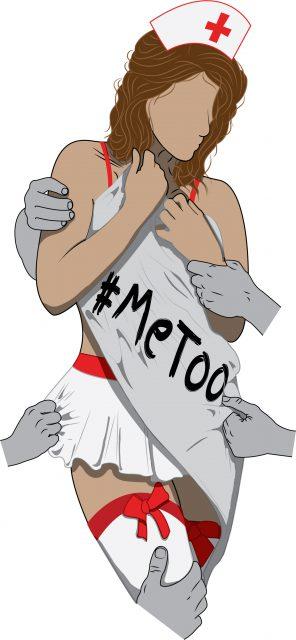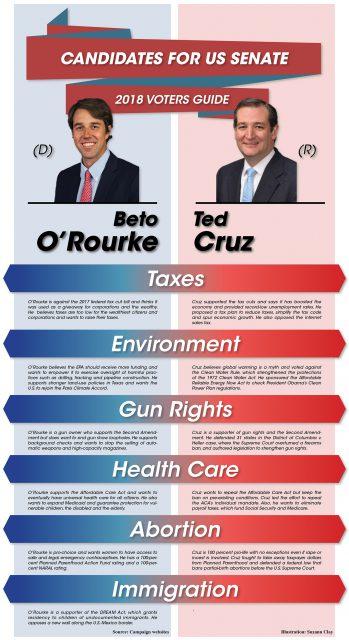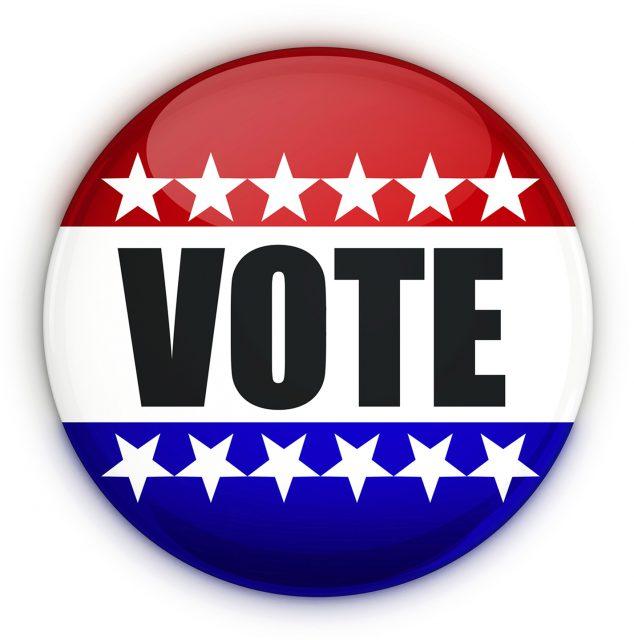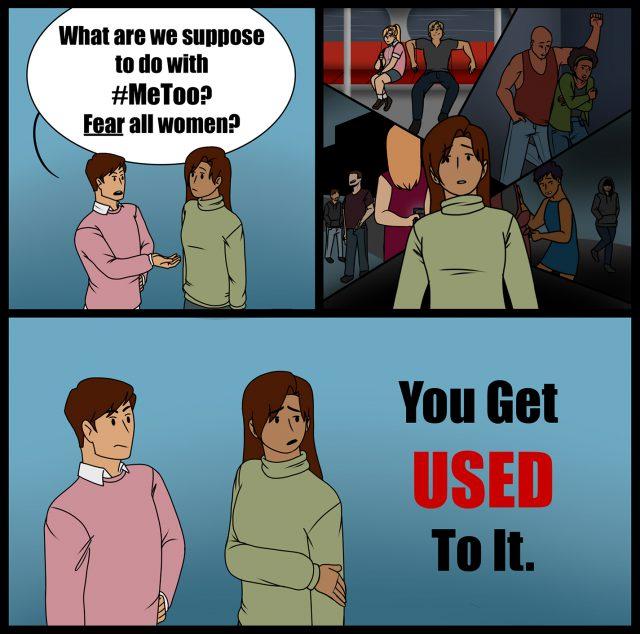By Kathryn Kelman/editor-in-chief
Students question movement’s reach
A year ago, Alyssa Milano elevated the Harvey Weinstein conversation when she invited other victims of sexual assault and harassment to use #MeToo on social media.
The hashtag quickly spread into a movement, and a lot has changed in multiple facets of society since. But TCC students differ in opinion on whether the #MeToo movement’s influence will impact the Halloween costumes people select this year.
South student Judy Turner is all for the movement but said she hadn’t considered its potential impact on costumes.
“I do think less women will be dressing in a racy, ‘Let’s have a sexy nurse’ kind of costume just because it has now become inappropriate,” she said.
By racy, Turner is referring to the trend of girls’ costumes that can involve short skirts, corsets or bathing-suit type coverage.
TR student Kaylee George, however, doesn’t believe the movement will have an impact on what people wear.
“I don’t know if you are really thinking about that during Halloween,” George said, adding that #MeToo definitely didn’t influence her decision to dress up like characters from The Office with her friends.
South student Abby Hubbard plans to dress up this year like she does every year for her little sister, but the #MeToo movement had no impact on her costume decision because she’s never been one to go for the risqué kinds of costumes.
“I prefer scary costumes because that’s what Halloween is all about,” Hubbard said.
She’s also not convinced the movement will have any impact on anyone else’s costume selections.
“Maybe for people that are more aware of the movement, it might, but at the same time it’s like that one time a year when people are like, ‘Oh, I can not be me for one day!’ so they dress all extra when on normal days they don’t,” she said.
TR student Maria Heise also wasn’t influenced by the movement when picking out her costume and plans to go as Wednesday Addams with a group of friends all dressing as members of the Addams Family.
Heise said she’s always preferred funny costumes anyway but believes the movement could impact the choices of others who do go for the more revealing costumes.
“Some people might dress more conservatively so they don’t have to deal with backlash or anything like that,” she said.
But Heise said she hopes the movement doesn’t impact what people choose to wear too much because that’s not what #MeToo is all about.
“I don’t think it should affect how people dress because it’s for your own person, and how people see you shouldn’t affect how you run your life, and it doesn’t justify how other people act toward you,” Heise said.
But for NE student Kiera Herd, the movement did have an impact on her selection.
This year, Herd has opted to go as a “Pajama Girl” from one of her favorite TV shows rather than go with a more traditionally “sexy” costume because of the movement.
Though #MeToo influenced Herd’s costume choice, she said she doesn’t think it will affect everyone’s.
SE student Mercedes Martinez said though #MeToo won’t influence everyone’s Halloween costume, the movement could still have a large impact on costume selection this year because of what #MeToo is all about.
“It’s very empowering and informative,” she said. “But it’s going to depend on what people believe in. If they’re really for the movement, they’re going to be supportive of it.”
For other supporters, the movement is about more than the way people dress, said South student Achille Founou.
“For me, the #MeToo movement is more about respecting the person and not like, ‘Hey, you can’t dress this type of way, that type of way,’” Founou said. “It’s not the main issue. It’s not even a secondary issue. The main issue for the #MeToo movement is respect.”































